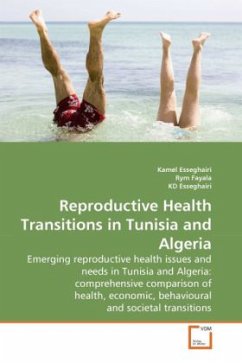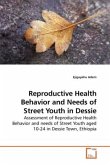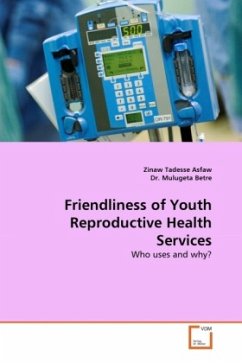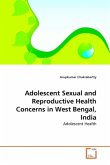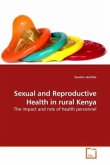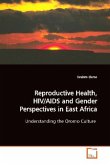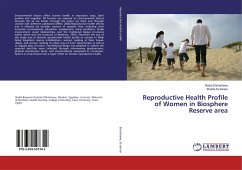This work has three objectives: study family planning and reproductive health in Tunisia and Algeria; understand the interaction of different factors, which led to the current reproductive health and demographic situations; suggest how to address reproductive health emerging issues. One important determinant of fertility decline in Tunisia is the regular rise of contraception prevalence with a striking urban/rural differential (64.5% and 51.4% in 1994). However there was no collection of specific information to improve understanding, evaluating and rectifying the program. The Tunisian program has lost its technical role. This has left a situation where there is no institution in charge of current/emerging issues such as abortion and its unknown levels of uses and differentials, sexuality outside the wedlock, fertility outside the wedlock, and, the emerging needs of adolescents in terms of sexuality, fertility and contraception. Facing this situation we tried to address the conditions and the future of sustaining fertility control in Tunisia while taking into account influential economic and social events such as. Comparison has been made with Algeria at all stages of our proposal

